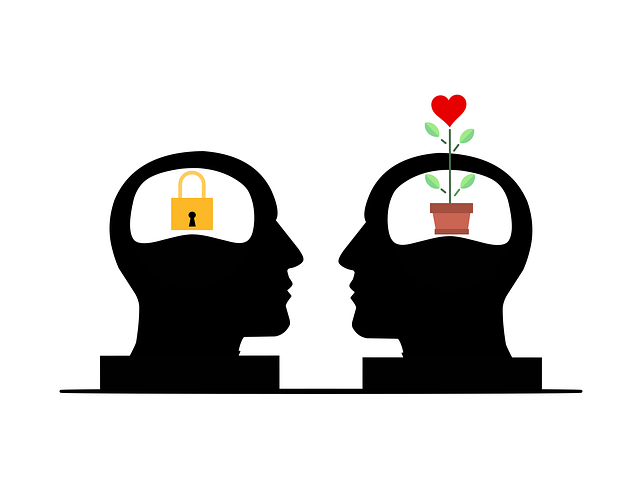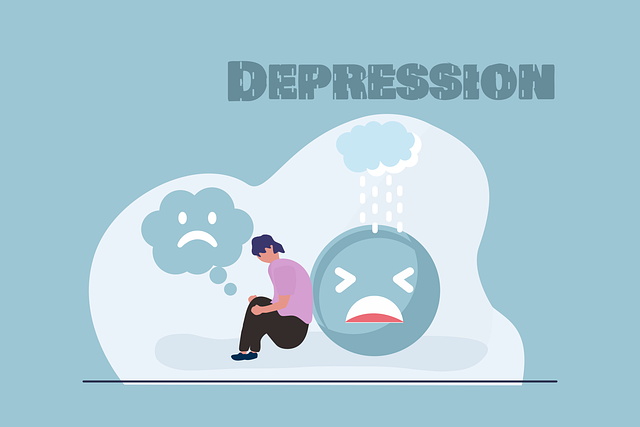Mental wellness is a holistic state crucial for navigating daily life, and prioritizing it involves building resilience and adopting healthy coping mechanisms. Podcasts have emerged as powerful tools for promoting mental health, offering accessible support for managing anger and emotional well-being. Lone Tree Anger Management Therapy, for instance, provides expert insights and personal stories to address anger management issues. High-quality podcast production requires specific equipment and techniques, ensuring engaging audio that delivers valuable content for self-improvement and community outreach. Effective marketing strategies, including social media engagement and influencer collaborations, can build a loyal listener base for the podcast, establishing it as a trusted resource for anger management support.
“Unwind, reconnect, and explore mental wellness through the lens of ‘Lone Tree Anger Management Therapy’—a captivating podcast series designed to nurture your mind. In today’s fast-paced world, understanding the intricate relationship between mental health and daily life is paramount. This article delves into the powerful impact of podcasts in promoting mindfulness and managing anger, offering practical insights for crafting compelling content and producing high-quality audio. Get ready to discover effective marketing strategies that will help your podcast reach and engage a wider audience.”
- Understanding Mental Wellness and Its Impact on Daily Life
- The Role of Podcasts in Promoting Mindfulness and Anger Management
- Crafting Compelling Content for Your Podcast Series
- Producing High-Quality Audio: Equipment and Techniques
- Marketing Strategies to Reach and Engage Listeners with Lone Tree Anger Management Therapy Podcast
Understanding Mental Wellness and Its Impact on Daily Life

Mental wellness is a holistic state that encompasses our emotional, psychological, and social well-being. It influences how we think, feel, and act in various aspects of daily life. Understanding mental wellness goes beyond simply managing symptoms; it involves fostering resilience, cultivating healthy coping mechanisms, and promoting overall balance. When individuals prioritize their mental wellness, they can enhance their ability to navigate challenges, build stronger relationships, and lead more fulfilling lives.
The impact of mental wellness extends far and wide, affecting our personal and professional interactions. Issues such as stress, anxiety, and anger, if left unaddressed, can lead to burnout, impacting not just individuals but also the communities they serve. For instance, healthcare providers often face high-stress environments that require robust coping skills development and burnout prevention strategies. Incorporating initiatives like social skills training and Lone Tree Anger Management Therapy can significantly contribute to maintaining mental wellness, ensuring professionals remain effective and engaged in their roles while positively influencing those around them.
The Role of Podcasts in Promoting Mindfulness and Anger Management

Podcasts have emerged as powerful tools to promote mental wellness and offer a unique platform for individuals seeking support and guidance in managing their emotional well-being, particularly anger. This medium provides an accessible and often intimate setting where listeners can explore various aspects of mindfulness and anger management techniques. By tuning into dedicated podcasts, folks can gain insights from experts and peers who share practical strategies for coping with anger, stress, and related challenges.
One such example is the topic of Lone Tree Anger Management Therapy, which can be effectively addressed through podcast series. These audio programs facilitate conversations around emotional healing processes, offering valuable resources for those dealing with anger issues. Additionally, they encourage social skills training by fostering open dialogues about healthy expression of emotions, thereby indirectly promoting burnout prevention strategies for healthcare providers and other professionals who often face high-stress situations.
Crafting Compelling Content for Your Podcast Series

Crafting compelling content for your podcast series is an art that can captivate listeners and transform lives, especially when addressing mental wellness topics like those offered by Lone Tree Anger Management Therapy. Each episode should be a thoughtful exploration of specific issues relevant to your audience’s struggles. For instance, discussing depression prevention strategies or stress reduction methods can provide valuable insights. Integrate expert interviews, personal stories, and actionable advice to create an engaging narrative that keeps listeners coming back for more.
Focus on positive thinking as a tool for mental resilience. Guide your audience through exercises that foster self-care, emotional awareness, and healthy coping mechanisms. By balancing informative content with practical tips, you can empower individuals to take control of their mental wellness journeys. Remember, each episode is an opportunity to offer hope, guidance, and the tools needed to navigate life’s challenges, ultimately enhancing listeners’ overall well-being.
Producing High-Quality Audio: Equipment and Techniques

Producing high-quality audio for a podcast series like Lone Tree Anger Management Therapy requires an understanding of both equipment and techniques. Invest in a professional-grade microphone, ideally a condenser mic, known for its crisp sound capture. Positioning is key; place the mic at an angle to your mouth to reduce background noise and echo. For optimal results, consider using a pop filter to muffle plosives and a shock mount to isolate the microphone from desk vibrations.
Additionally, audio interfaces and high-quality headphones are essential for precise mixing and listening. Utilize sound-absorbing materials in your recording space, especially in small or reflective environments, to minimize reverb and echo. Techniques like noise reduction plugins, equalization, and compression can further enhance the audio quality. Remember, Mental Health Education Programs Design begins with clear, engaging audio that captivates listeners and ensures an effective delivery of content related to Self-Esteem Improvement and Community Outreach Program Implementation.
Marketing Strategies to Reach and Engage Listeners with Lone Tree Anger Management Therapy Podcast

To market the Lone Tree Anger Management Therapy podcast and attract a dedicated listener base, consider implementing strategic outreach methods. One effective approach is to leverage social media platforms, such as Twitter and Instagram, to share engaging content related to anger management, self-awareness exercises, and stress relief techniques. Regularly posting valuable tips, personal stories, or expert interviews can pique the interest of potential listeners searching for mental wellness resources. Utilizing relevant hashtags like #SocialSkillsTraining and #StressManagement will expand your reach and help you connect with your target audience.
Additionally, collaborating with other mental health influencers or podcasts can broaden your exposure. Guest appearances on popular self-help shows or cross-promotions with related content creators can introduce your podcast to new audiences. Building an engaged community through interactive live sessions or encouraging listener feedback via email or social media will foster a sense of belonging and keep your audience coming back for more. These marketing efforts, combined with the podcast’s valuable content, are sure to establish Lone Tree Anger Management Therapy as a go-to resource for those seeking anger management support.
The production of a mental wellness podcast series, such as Lone Tree Anger Management Therapy, offers a powerful medium to reach and support individuals seeking improved mental health. By combining insightful content with high-quality audio, you can create a valuable resource that promotes mindfulness, anger management, and overall well-being. Through strategic marketing, these podcasts have the potential to engage and transform lives, making them an essential addition to the digital landscape of mental health resources.














